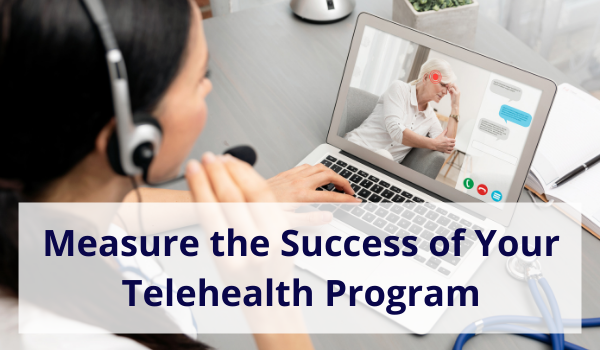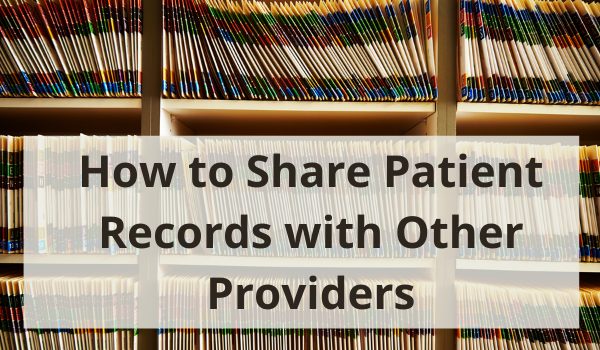Synchronous vs Asynchronous Communication in Telemedicine | Purview
In this series of blogs, Translating Healthcare, we will highlight and break down the meaning of phrases and terminology that are increasingly used, but not always widely understood. Today, we'll be unpacking the definitions of synchronous and asynchronous and examples of how they apply to the medical world.
Synchronous vs Asynchronous
On a basic level it might be clear that these two words refer to opposing things and have something to do with time… but how does their meaning they apply to healthcare?






